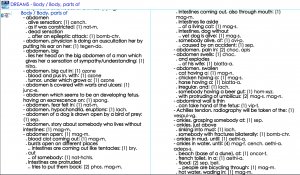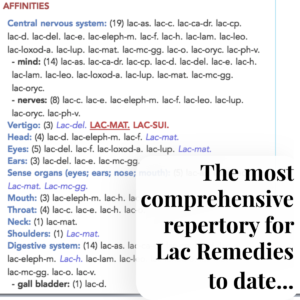
Extract from the book-
“With the dream repertory and this book as a guide, I would love to bring about a change of thinking amongst my fellow homoeopaths, who still trifle too much with dreams as if these are negligible additional symptoms in the sleep chapter.
Many, amongst whom we can number Aristotle, Freud, Jung and homoeopaths such as Jürgen Becker and Rajan Sankaran, have already been working intensley on the questions: ‘Why do we dream?’ and ‘What do dreams mean in terms of our personal development and cure?’
The Senoi people in the central highlands of the Malayan Peninsula, consider the condition of dreaming as real, and that each dream should be continued and completed during the morning–dream session. The Senoi, in this manner, have developed a number of dreamwork techniques to make a positive link between the personal development of the individual dreamer, and the ‘greater totality’, the broader social context.
So dreams are important because they are ‘real’ and they gain us access to material which we normally don’t have at our disposal when we are awake. It so happens that during sleep we are in a specific state of consciousness, in which certain resistances are dropped, so that our emotions can express themselves freely and in unusual forms (see, footnote 2).
Not only are the images in the dream important, the feeling that the dreamer has during the dream is of special significance. This feeling very often approaches the non–compensated state, the basic delusion of the dreamer. The dream world is as full of conflicts as daily life, and contains both positive and negative emotions. Therefore these dream themes are especially valid for us homoeopaths. They tell us something uniquely relevant about the inner self of each person.
Unfortunately the present repertories do not contain enough specific or detailed data about dreams. For this reason it is understandable that we might not dare to ‘skate on thin ice’.
We may also keep an easy excuse in reserve such as: ‘a dream which is not repeated is not homoeopathicaly usable; dreams are only the unbridled imagination of the patient; sometimes patients arrive with stories many pages long and we don’t have the time for that; homoeopaths are not psychologists’ …”





